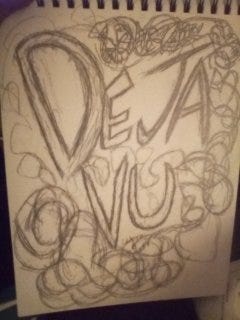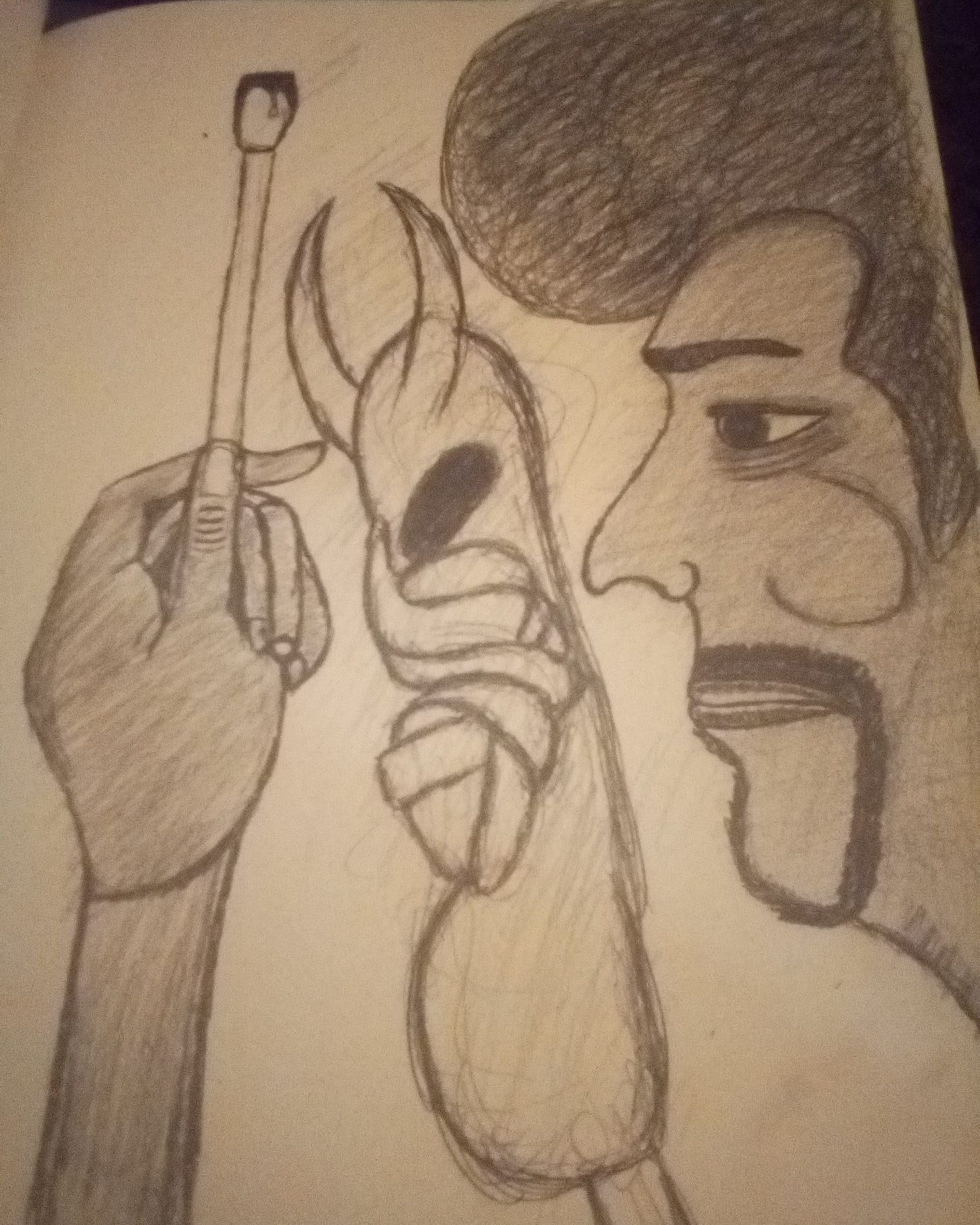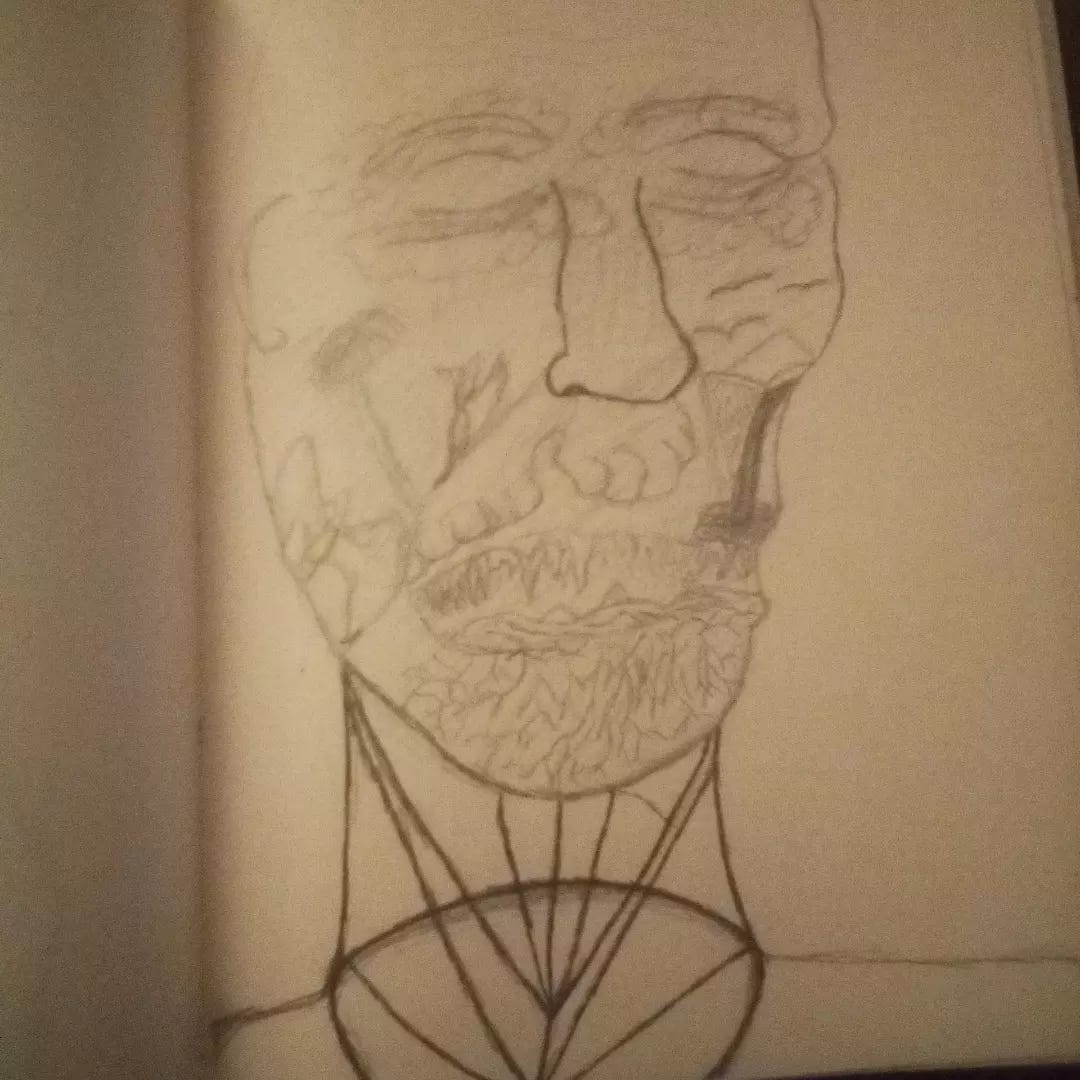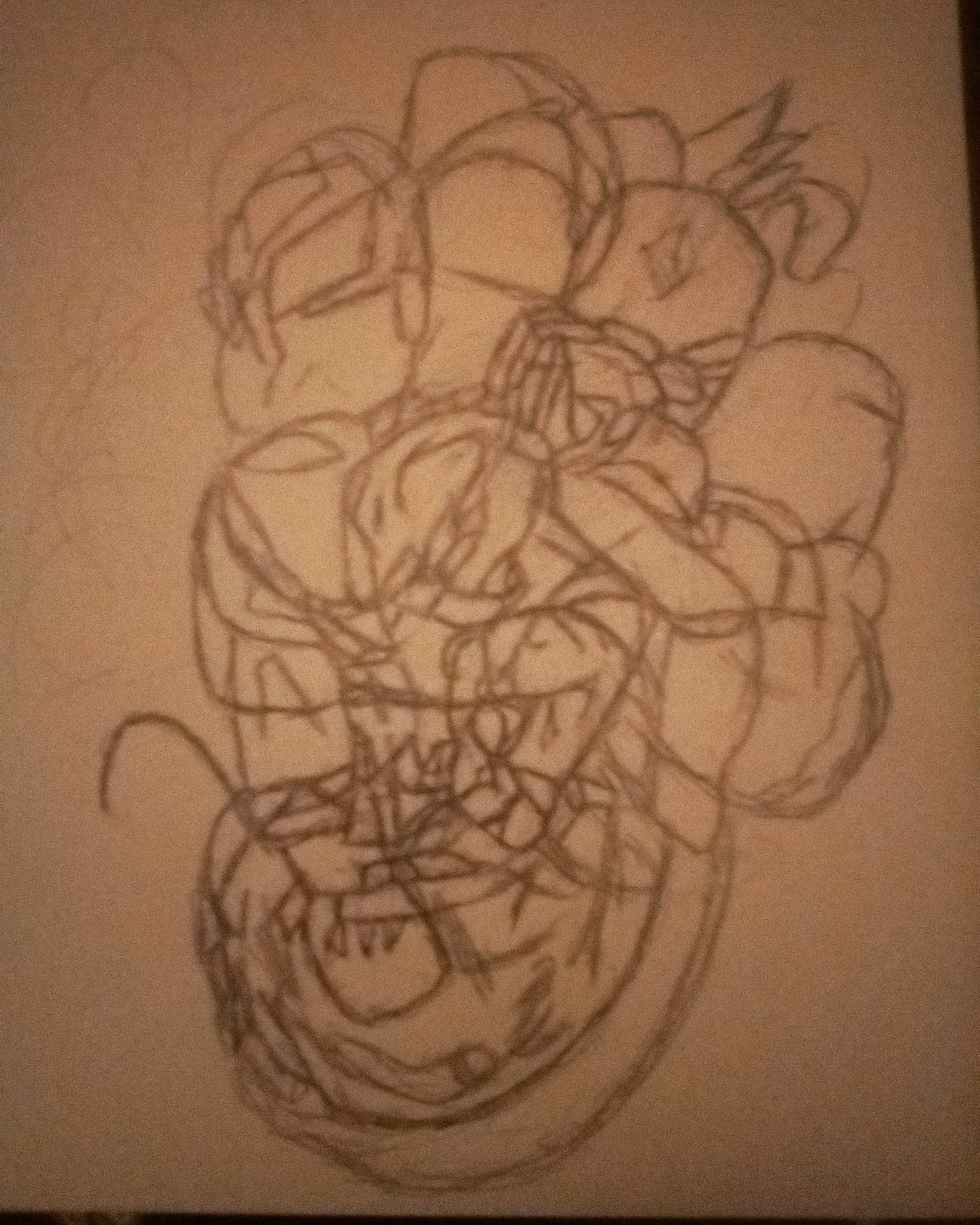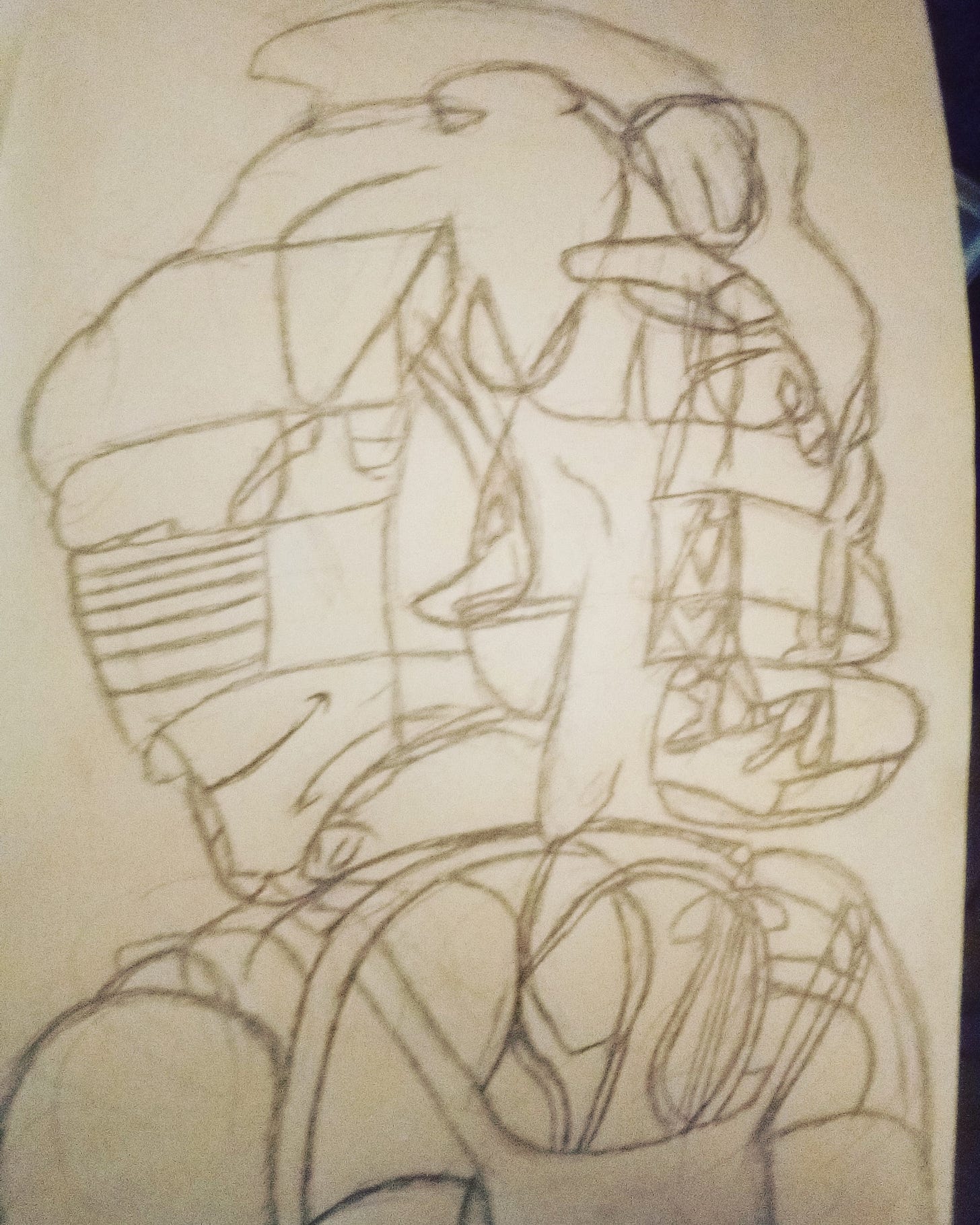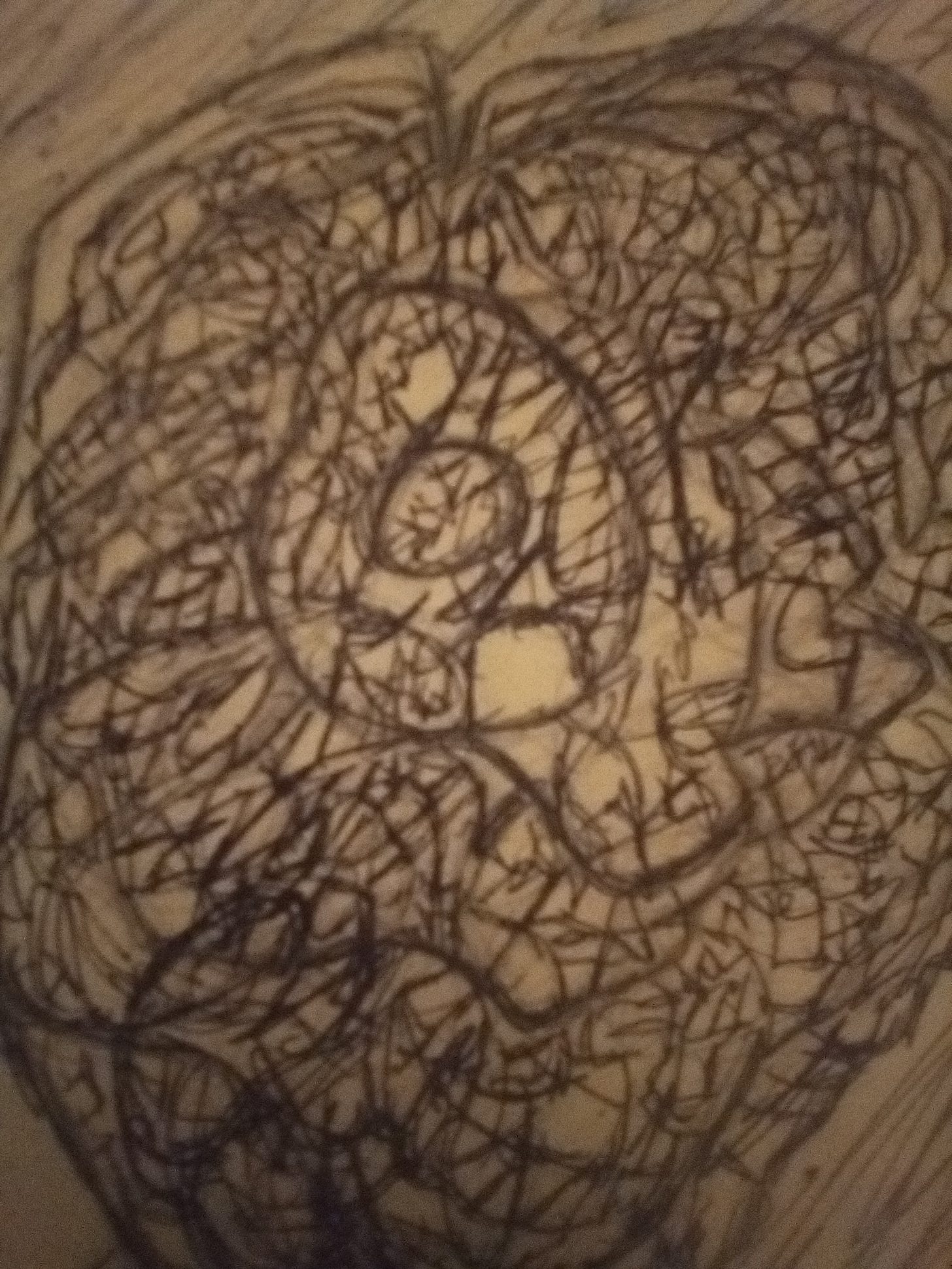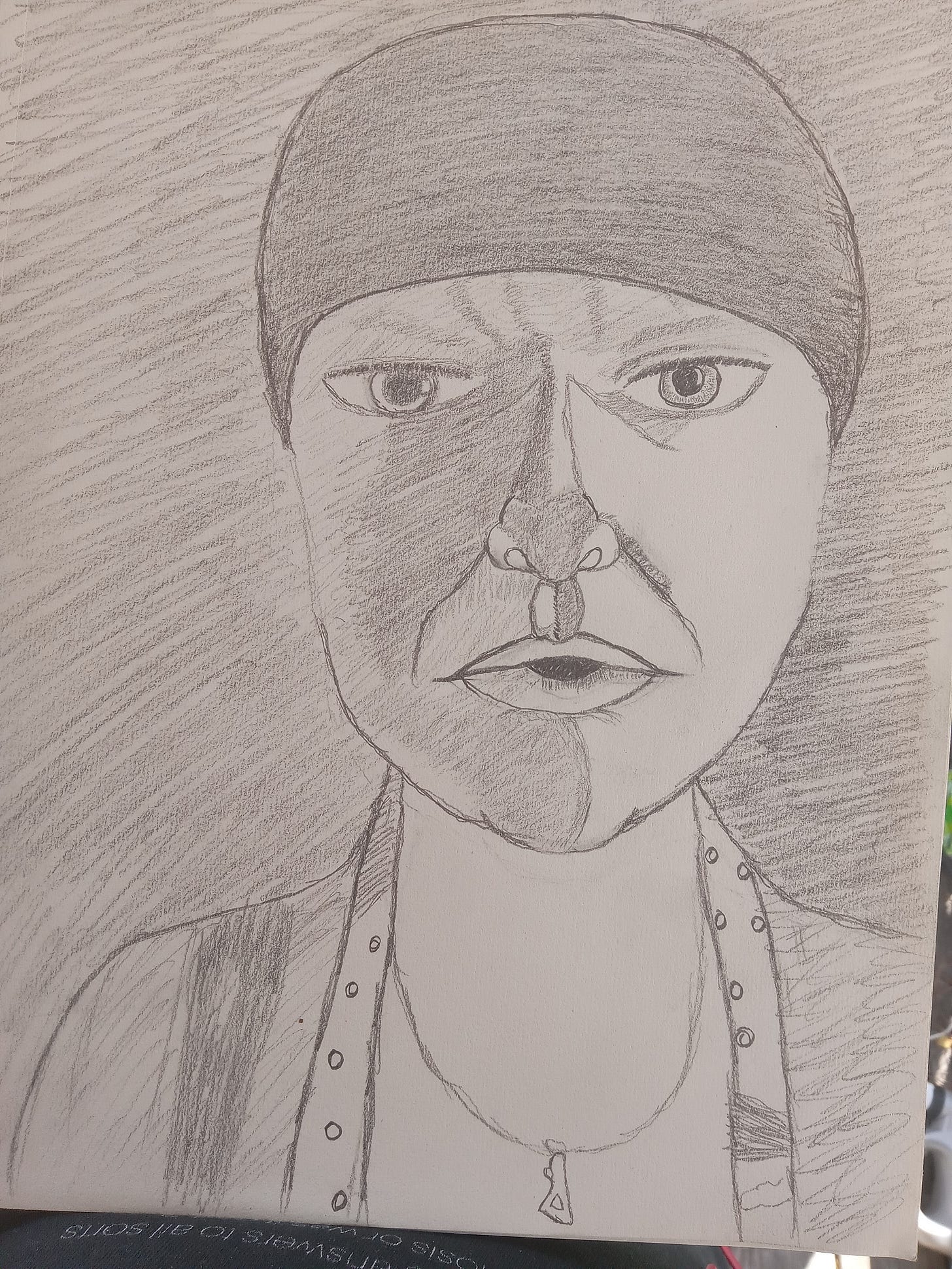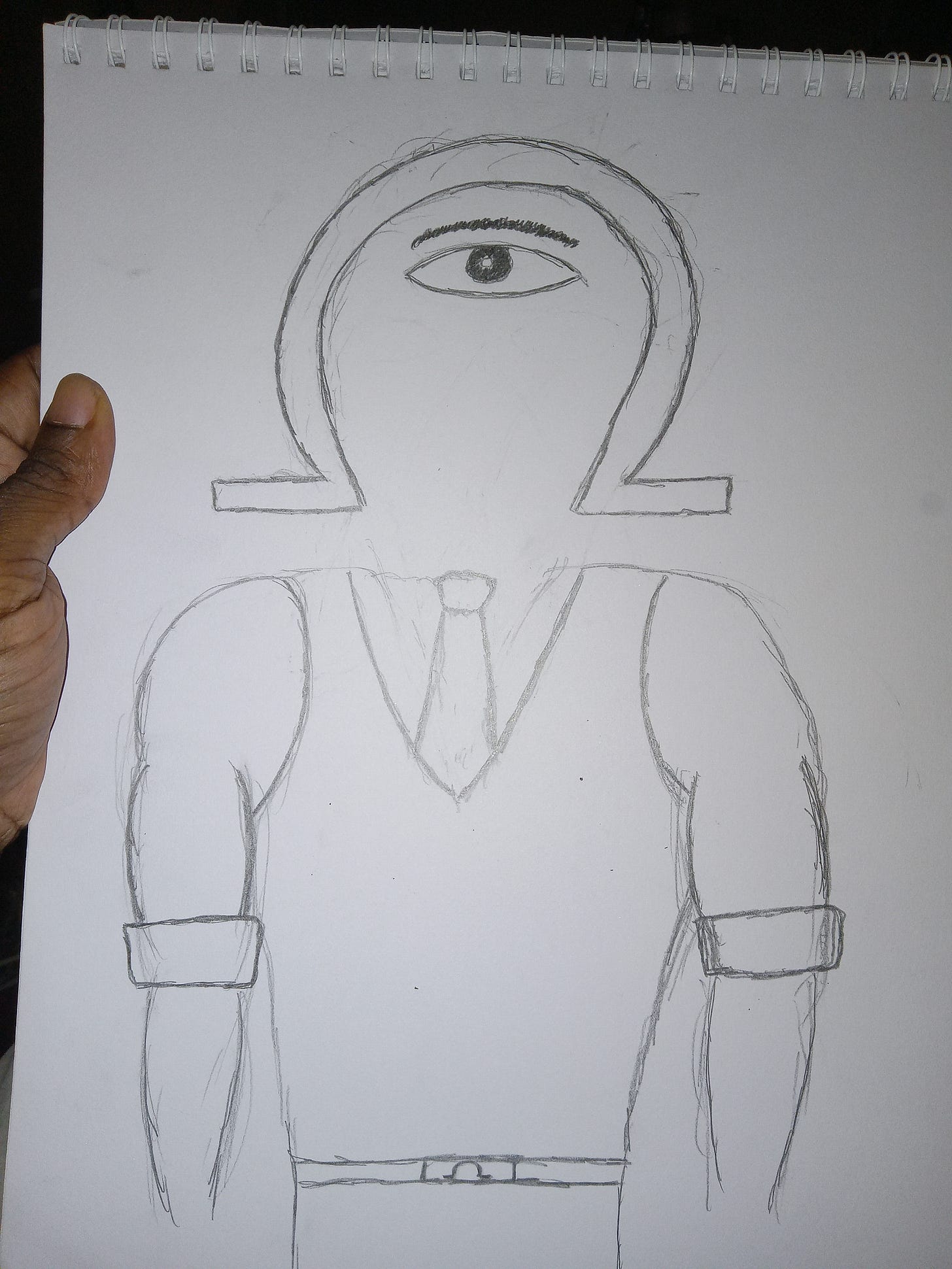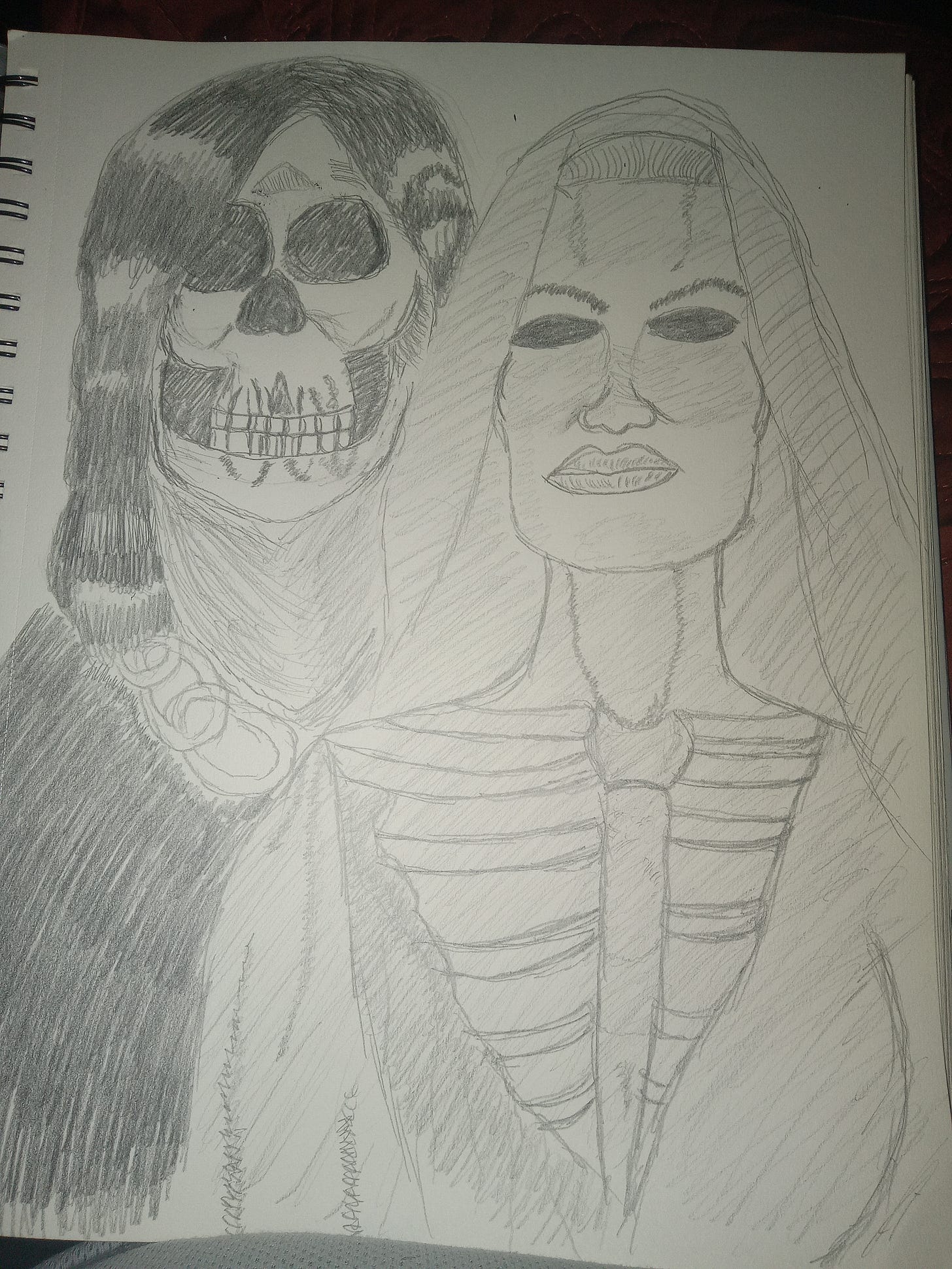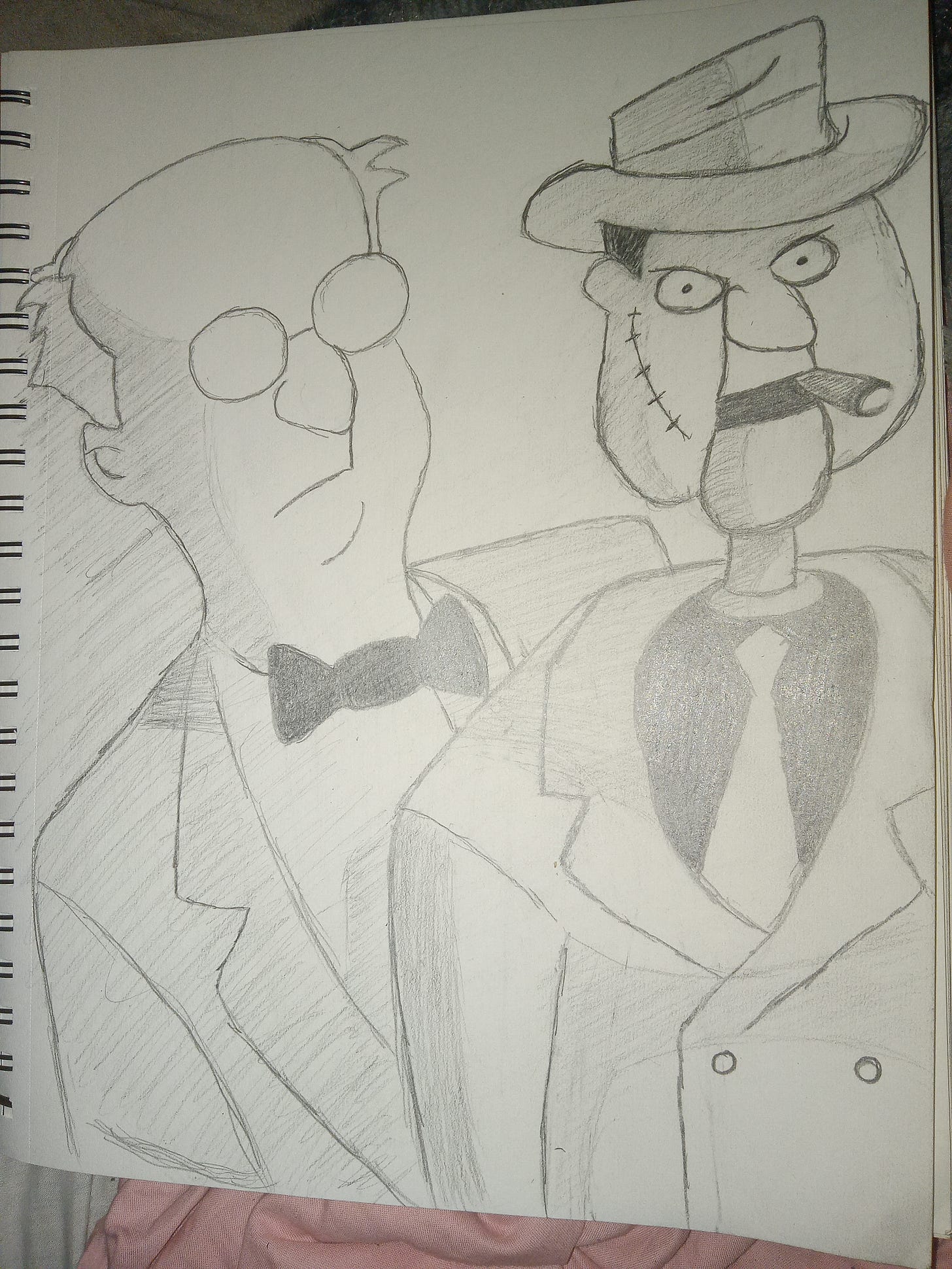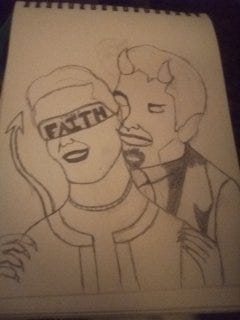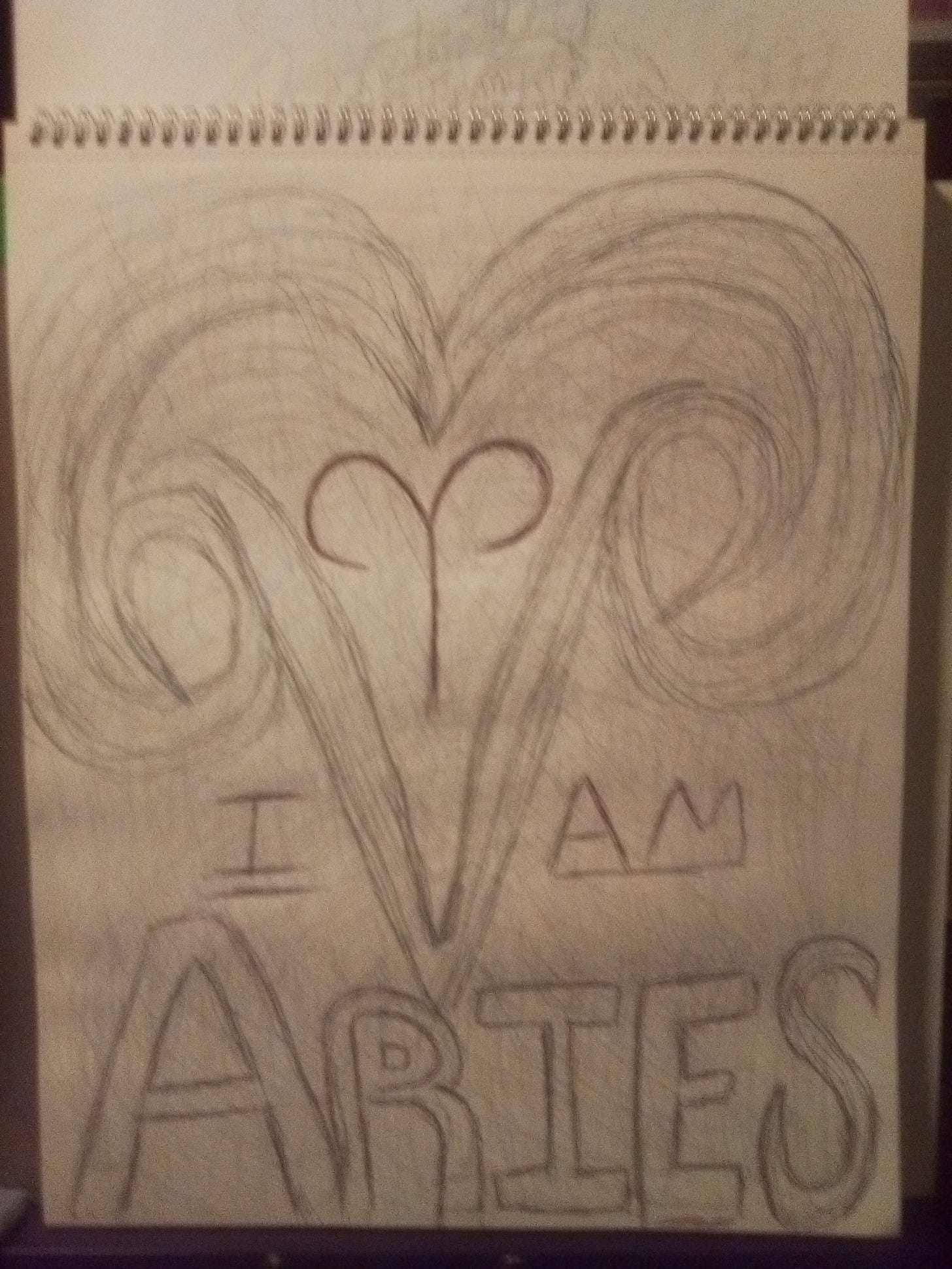Art and Mental Health Interview with Musician, Singer, Writer, Artist Mark including Visual Responses
"When I feel stable and happy my art looks more professional, during intense emotion it is more abstract and metaphysical stuff."
This is how art and health intersect for one artist. If you are interested in understanding this relationship in your own life: Order a Creative Health Assessment or Book a 1:1 Coaching Call.
Today’s interview is with Mark whose unique combination of creative talents and mental health symptoms has led him to a path in which he now only benefits from art making himself but also works with others on doing the same.
In addition to creating his own work, he is a life coach who works with creatives and people who hear voices, see visions, or have other similar experiences. Mark says, “My emphasis is solution focused brief coaching, expressive arts therapy coaching, spiritual coaching and shamanic coaching. I also have a youtube channel where I interview professionals and get answers to some of life's problems and other topics.”
Mark has responded with both words and a visual interview today. First, the words …
What would you like to share with us about your own experience of mental health and its relationship to creativity for you?
I am diagnosed severe depression, schizoaffective disorder, ptsd and currently working on a diagnosis of autism. My background with Mental health and art go hand in hand.
I do theatre by trade and I am a musician, singer, and writer as well, but my start with actual art started almost 5 years ago as I was dealing with a lot of unresolved trauma, non-medicated mental illness, addiction, and a psychosis that lasted years. I was having visual and auditory hallucinations severely then, and was homeless.
What are you referring to when you mention “actual art?”
I started drawing on my birthday 5 yrs ago and the more I drew the more I learned about myself and about patience. Seeing progress every day made me want to keep going. It gave me focus and I always wanted to draw but it was something I thought I could never successfully do.
How do mental health symptoms affect your drawing?
My style of drawing changes depending on what emotions I'm feeling. I don’t draw when I’m angry because I can't concentrate or get my mind to make what I want to create at the time.
You can definitely see the difference depending on my emotions. When I feel stable and happy my art looks more professional, during intense emotion it is more abstract and metaphysical stuff.
Mental health symptoms decide what type of art I do. I don't use a lot of color, usually, but anytime I feel intense emotions my art becomes more abstract with less actual forms.
Can you describe that abstract aspect a bit more?
If I'm dealing with mental health symptoms I care less what I'm drawing and I draw a lot more abstract with more cubelike, numbers show up more, or what looks like letters out of focus, and random faces in a puzzle type setting. When I'm stable pictures are more clear, more thought out and actually look like what I'm usually trying to reference.
How has art been therapeutic for you?
It has helped me gain a better sense of self, more confidence, self worth, it helps me think logically and helps me come to more positive solutions, it brings me joy. I get to use my creativity more and challenge myself in a way that doesn't feel forced. I learn at my own pace and I can excel more with more effort. I’ve learned I can learn new things and do them effectively; the more I practice the more progress I achieve, which makes it worthwhile.
It has brought forth a passion to want to help people get through their own traumas using expressive arts therapies. I also now have a new skill I can use to make money.
Tell me more about that …
Art has become so important to me that I started a business called The Nomothete LLC. It’s a creative arts studio that also provides life coaching using expressive arts therapies as its main focus.
Now, some visual responses:
What does the term mental health mean to you?
What does your own history of mental health look like?
What does creativity mean to you?
How have mental health symptoms impacted your creative process?
How have mental health symptoms impacted the content of your creativity?
In what ways have mental health symptoms impacted your creative medium?
How have mental health symptoms impacted your productivity as an artist?
How have mental health symptoms impacted your self-perception / identity as an artist?
In what ways have mental health symptoms impacted the perception of you as an artist by others - your experiences of stigma and discrimination, your experiences in groups of artists, etc.
What does the relationship between art and money look like for you?
What does the relationship between art and work look like for you?
How is art therapeutic/cathartic/healing for you?
How has art hindered/harmed your mental health? Or been complicated vs. all positive?
In summary, for you, what is the relationship between art and mental health?
After completing the earlier questions, what is one more image that you feel compelled to share in response to all of this?
Connect with Mark and see more of his work by finding him @thenomotheteart on Instagram, Twitter and Facebook or @thenomothete on YouTube.
If you read this far, perhaps you liked the work. The work takes work. Support it if you can:




